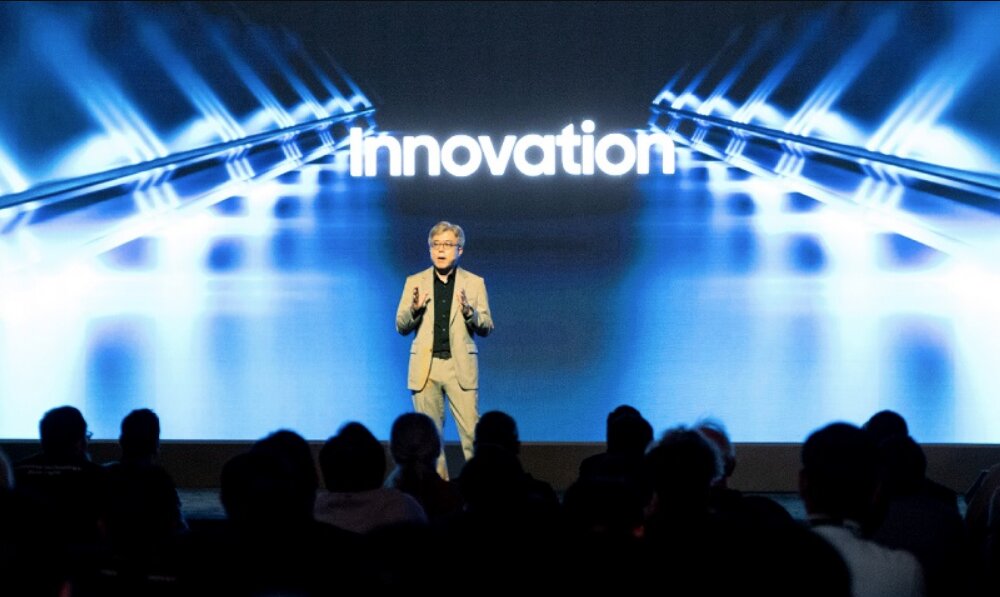Samsung Various details have been provided On the transformation roadmap Start mass-producing chips with 2-nanometer technology. It has done so within the framework of Samsung Foundry Forum, held a few days ago in San Jose (California). The company will begin mass-producing its first 2-nanometer chips for use in mobile applications in 2025.
Among other things, this is possible due to the increase in production capacity that the group will register, which will be able to supply these chips to manufacturers of smartphones and tablets within two years. In addition to manufacturing for Samsung, it also makes chips for third parties such as Qualcomm. Samsung will offer its manufacturing processes for 2-nanometer chips for high-performance computing from 2026, and for chips in the automotive industry from 2027.
According to Samsung, the world’s second largest chipmaker, with its 2-nanometer process, compared to its 3-nanometer process, there is a 12% improvement in performance and a 25% increase in power consumption efficiency. Additionally, chips made with 2-nanometer technology are 5% smaller than those made with 3-nanometer technology.
But Samsung isn’t going to stop there, and is already considering dates to start using the technology to produce 1.4-nanometer chips. It will be in 2027. Meanwhile, other innovations in chip manufacturing will come to the group, such as the start of contracts for the production of gallium nitride power management chips and 5-nanometer radio frequency chips.
In a busy year for Samsung’s chipmaking divisions, it will also begin offering 8- and 14-nanometer RF chips for automotive applications.
As we commented, all this is possible due to the increase in production space. specific, 2027 will have 7.3 times larger “clean room” space than it did in 2021.. This is possible due to the expansion of its facilities in Pyeongtaek, its most advanced factory and the opening of a factory under construction in Taylor (Texas).

